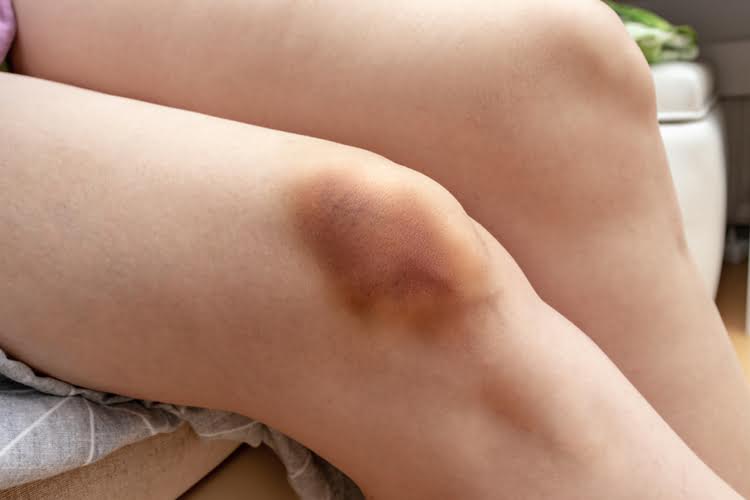Content
A big part of staying in a sober living home is creating positive friendships that help to reinforce the desire to abstain from drugs and alcohol. In an inpatient treatment center, patients are totally immersed in their https://ecosoberhouse.com/ rehab programs and generally don’t have much dependence. A sober living home is a great option to alleviate any concerns you may have about going from such a monitored environment right back into daily life.
- A minimum stay of three months is recommended, but many benefit from a longer stay for sustained sobriety.
- Drug and alcohol administrators and operators of houses might therefore need different strategies to address the concerns of different stakeholders.
- Consider asking folks at a recovery meeting or touching base with any sober friends you may have.
- This stage of rehab often involves taking accountability for your addiction and the harmful behavior that comes with it.
We hypothesize that barriers to expansion of SLHs might vary by stakeholder groups. Drug and alcohol administrators and operators of houses might therefore need different strategies to address the concerns of different stakeholders. Private owners usually own these homes, but charities and businesses may also own sober living houses. If you live in a recovery house, you may either have your own room or share one with a roommate.
How Sober Living Houses Are Different from Halfway Houses
Residents measurably improve in terms of their employment outcomes, academic success, psychiatric symptoms, and even likelihood of getting arrested. Because sober living homes focus on providing holistic help to each resident, graduates emerge not just clean and sober but prepared to live successful sober lives.
Are sober living houses profitable?
There are many considerations if you register your halfway house as a for-profit business, such as your location, the number of residents living in your home, the cost of property and furnishings, food, utilities, and how much your clients can pay or are willing to pay. Sober homes are indeed a lucrative business.
If you and your medical professionals agree that you’re still benefiting from the program, then you should be able to continue on without issue. Finally, a transitional housing center with a sobriety requirement could be of great help if you’re struggling with housing insecurity, mainly due to addiction struggles.
If you’re considering selling your house in Boise, Idaho, Cash Buyers can help simplify the process. With their expertise in buying houses for cash, they offer a convenient and hassle-free solution. By choosing Cash Buyers, you can avoid the time-consuming tasks of listing your property, staging it, and dealing with showings. Their team of professionals will assess your house and provide you with a fair cash offer. Whether your house is in need of repairs or you’re facing a challenging situation, Cash Buyers can offer you a quick and efficient sale. Learn more about their services and get started by visiting https://www.cash-buyers.net/idaho/cash-buyers-for-houses-boise-id/. Sell your house on your terms with Cash Buyers.
What to Expect at a Sober Living Homes in California
Any religious leaders requiring alcohol for communion or other religious services are only permitted to bring four ounces or less of alcohol on-site. No firearms or illegal activities are allowed on the facility’s property. The facility must have a private space for individual and/or group counseling. Establish a functional way to file away all documentation of your business expenses, income records, mileage, and receipts to make sober living homes filing taxes less stressful. Many people use an online bookkeeping program and/or a desktop filing system with labeled folders. You may feel confident doing this on your own or you may want to consider hiring an accountant to handle your filing system to avoid any legal issues in the future. There are often many triggers that can lead to a relapse, so it is usually advised to relocate from the place where your addiction started.

